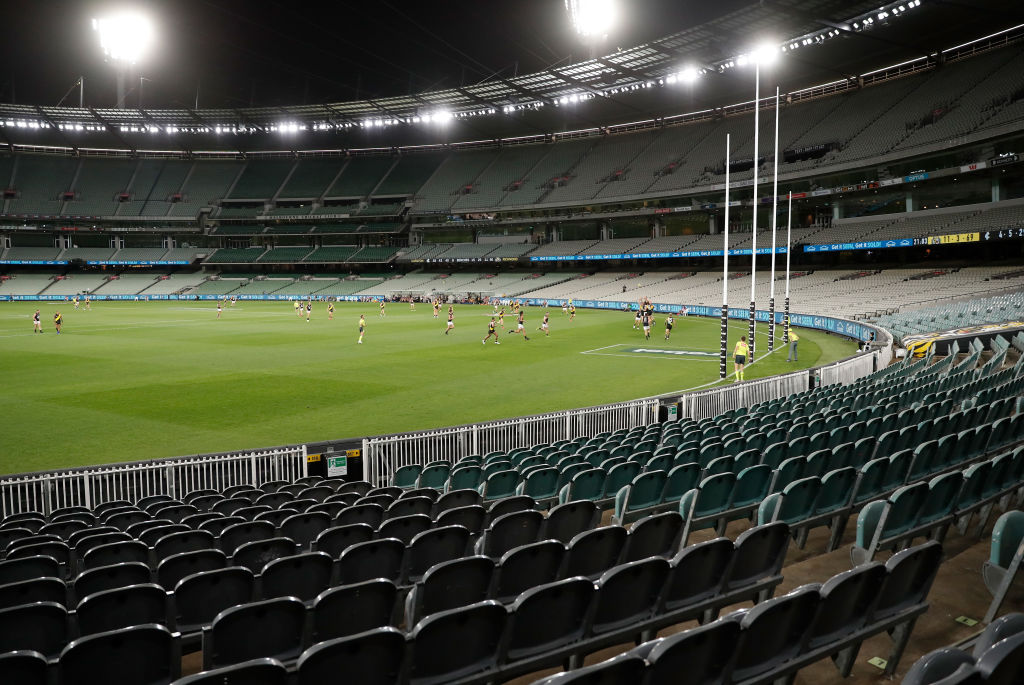Last weekend gave Canberra’s footy fans plenty to cheer about with the Brumbies and the Raiders running out winners in front of enthusiastic, if diminished, home crowds.

But there was a chilling warning on Monday morning from the ABC’s resident medical expert, Dr Norman Swan. He says we won’t know for 14 days how big a risk the supporters and the players faced from COVID-19, as the latest manifestation of the coronavirus is now called.
As far as the World Health Organization is aware, the “novel” virus takes two weeks to incubate. There is some doubt over when victims are infectious. Is it 48 hours or 72 hours? The Chief Medical Officer, Professor Brendan Murphy, wasn’t sure at the weekend. The latest Newspoll found 76% of the population is worried about the impact of the virus on the economy and therefore their own income security. The same poll found a bare majority, 51% is confident about the ability of the health system to cope.
Dr Swan, like Professor Bill Bowtell, the medical expert who led Australia’s world-leading response to AIDS and the HIV in the 1980s, is highly critical of governments not acting with more urgency earlier. They warned ahead of last weekend against mass crowd events. The Rugby Union has now suspended its season. The National Rugby League (NRL) is to trial crowd lock-outs and the Australian Football League, at the time of writing, was still to decide its response. In the meantime, thousands of other events, cultural and otherwise, have been cancelled or postponed.
As NRL chief Peter V’Landys says, the cost could be the end of the game without massive government support “when the money runs out”. The idea of games on TV being a substitute has administrators even more worried because the fact is footy fans live reaction is a vital ingredient to the sport. Not only does it add to the spectacle, but it influences the way the game is played and even umpired.
It goes without saying it is not only sports fans and players suffering but thousands of suppliers, bar staff and casuals who keep the events going. The same applies more broadly in theatres and cinemas.
ACT Chief Minister Andrew Barr sees no early end to the disruption. He says it’s not days or weeks but it could be many months until a vaccine is found or enough people contract the disease in a milder form that then gives them immunity. In the meantime, as Norman Swan says, we are left without the medical protections we have taken for granted: anti-virals, antibiotics and, depending on the extent of the epidemic, ventilators and intensive care beds.
So we are left with the same tools used at the beginning of the 20th Century to deal with the deadly Spanish Flu: personal hygiene (especially hand washing), containment and isolation. Unlike other flus, no one has yet built up immunities to this potentially deadly bug.








